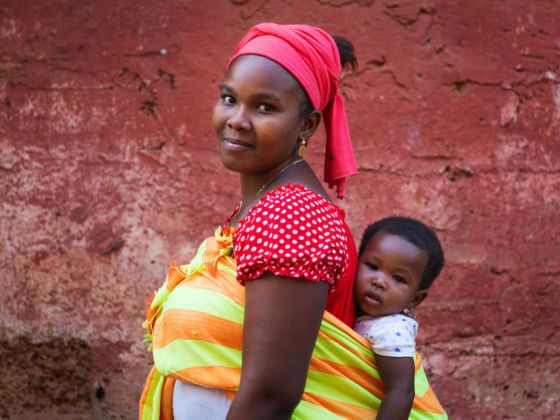Two weeks ago we blogged about the assassination of Guinea-Bissau’s President, Joao Bernando Vieira, by members of the army.
Details in the media have been scarce, so we asked Kota Tabuchi, a Matador member and Africa Program Director for Mountain Travel Sobek, to shed some light on the killing and its aftermath.
Guinea Bissau has all but vanished from the news since the word that the President had been killed. Any idea of who’s in charge? Is there a Vice-President who’s taken over? Is the Army running the show?
